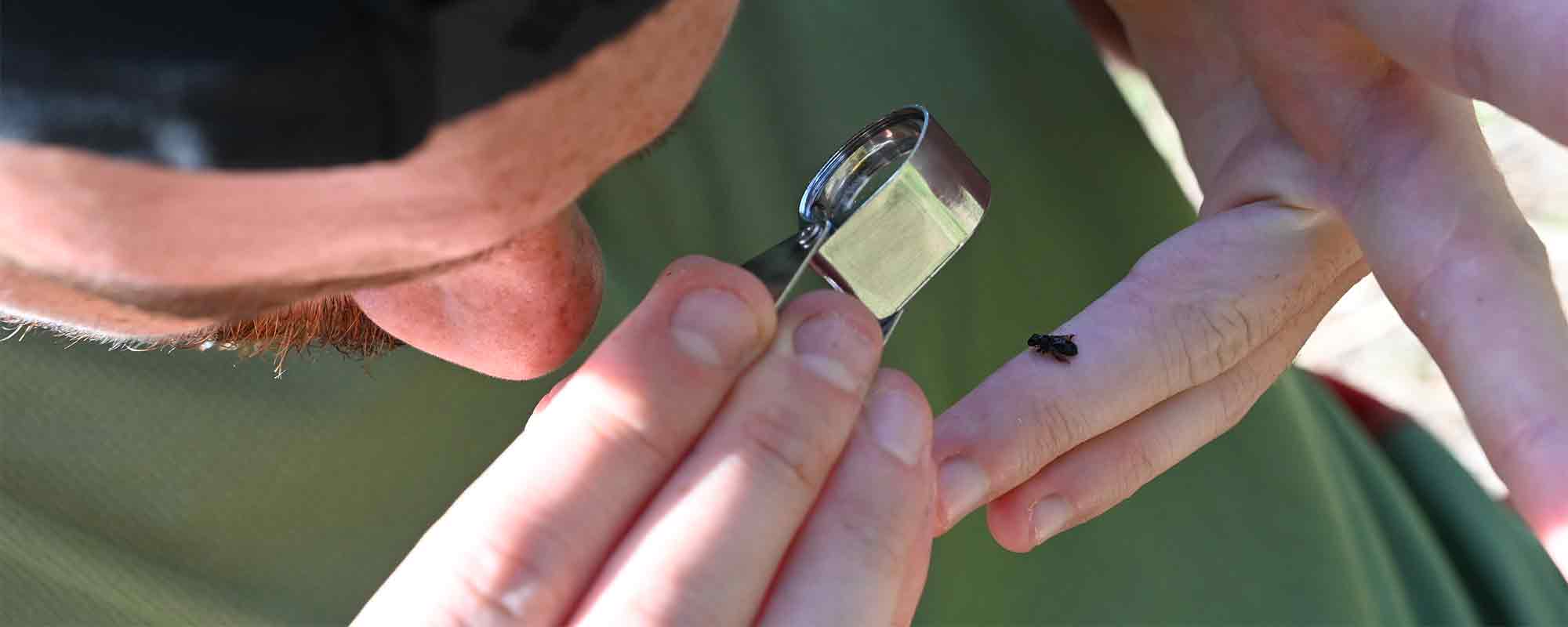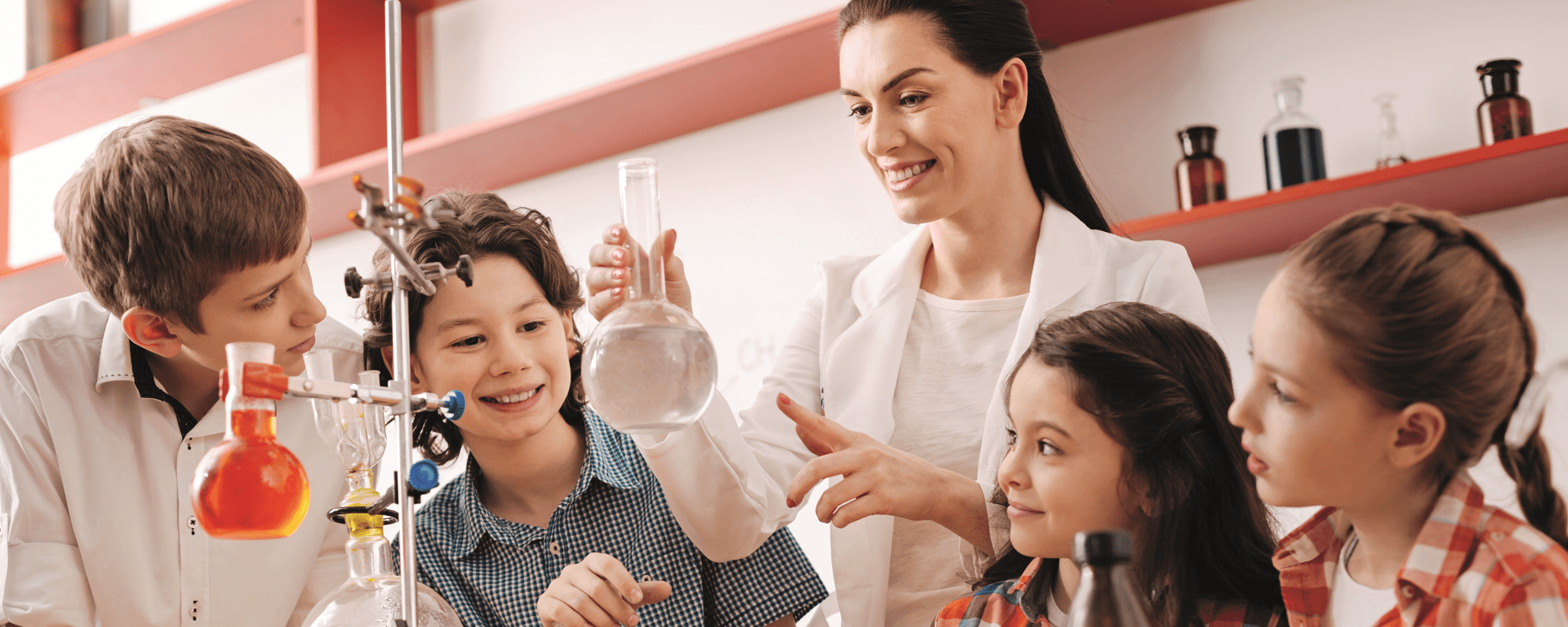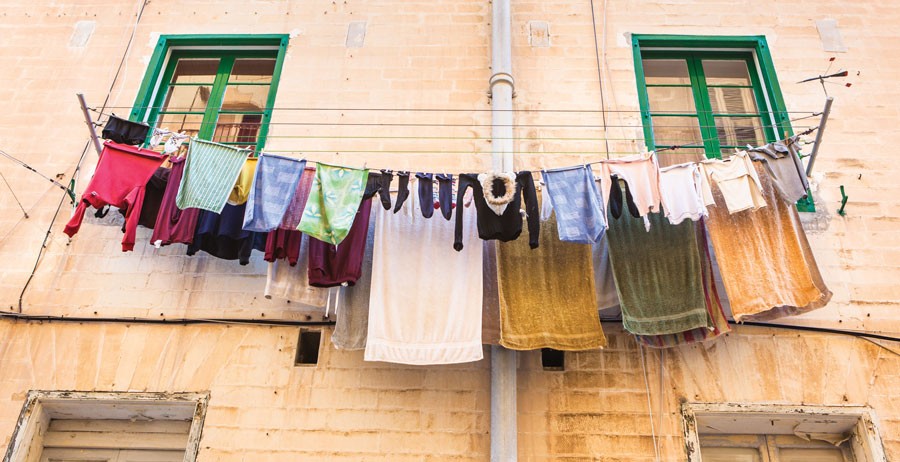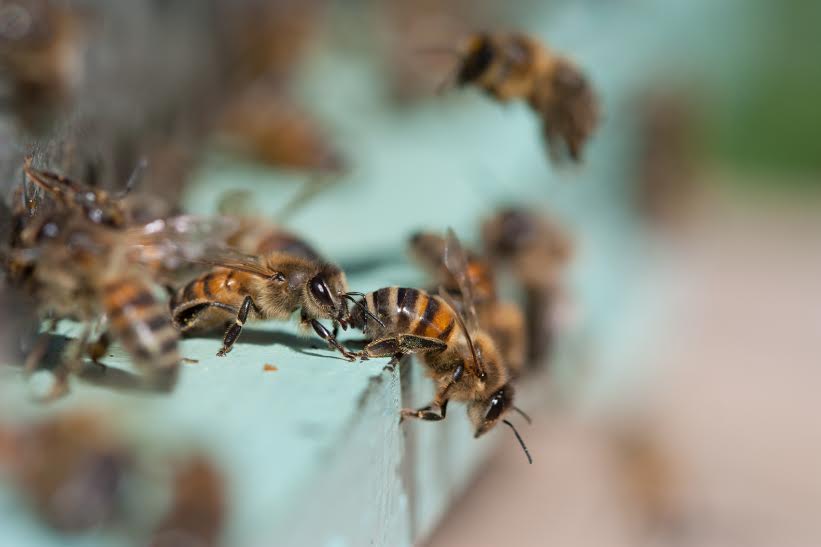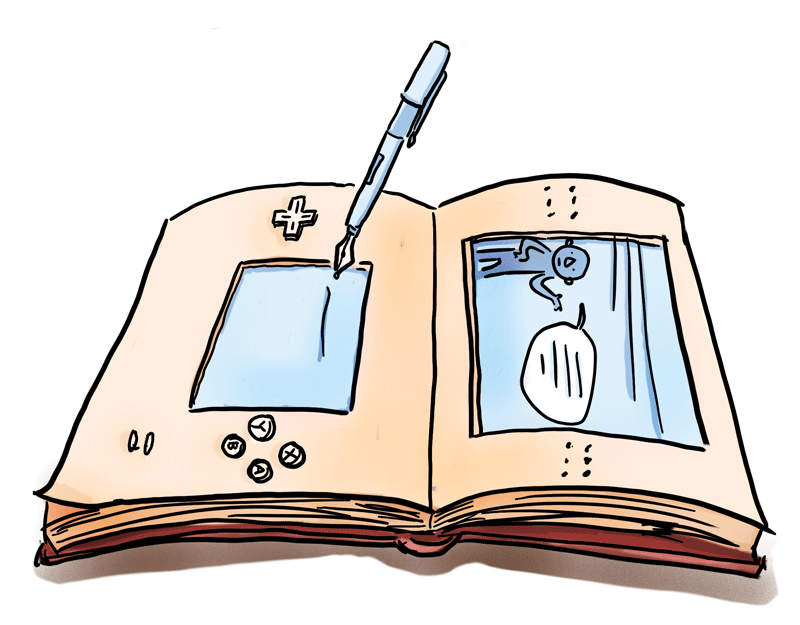Calling all nature enthusiasts. Are you alarmed by the rapid decline of critters which pollinate our plants? Do you want to have a positive impact on the world around you? Then consider signing up to become a citizen scientist in the Malta Pollinator Monitoring Scheme (MPOMS) today!
Continue readingSTEM ambassadors thrashing stereotypes
Over the last four decades, STEM industries have risen to great heights. Scientific, technological, engineering, and mathematical minds have been called to rally. And the demand continues. How can you contribute?
Few would dispute that technological and scientific advancements dominate the 21st century. Adverts provide ample proof. From tablets to smartphones, to robot home appliances and driverless cars, our world is changing fast. As a result, we are now living in a global knowledge-based economy where information can be considered as the highest form of currency. This reality comes with both benefits and challenges.
Statistics from 2013’s European Company Survey show that 39% of European Union-based firms had difficulty recruiting staff with STEM skills. Malta is no exception. Another report in 2018 showed that people with STEM careers are still in short supply locally, especially in the fields of healthcare, ICT, engineering, and research. So, while the jobs are available, there aren’t enough people taking up STEM careers, and this is holding Malta back.

There are many reasons for this trend. For one, Malta has a low number of tertiary level graduates; the third lowest in the EU. An array of harmful stereotypes can also shoulder some blame. The ‘fact’ that people in math, science, and technology ‘don’t have a social life’ is unhelpful. The ‘nerd’ image is still prevalent, especially among the younger generations that are still in primary and secondary school. Then there is the ‘maleness’ associated with STEM jobs and industries. According to Eurostat statistics, in 2017, from 18 million scientists and engineers in the EU, 59% were men and 41% women.
Still, this is far from the whole picture.
Employers have reported instances where, despite having enough graduates to fill roles, applicants did not possess the right non-technical skills for the job. This was especially true for abilities such as communication, creative thinking, and conflict resolution.
Many were unprepared to work in a team, to learn on the job, and to problem solve creatively. This is a real concern, especially for the country’s future. At the rate with which markets are evolving, a decade from now young people will be applying for jobs that do not exist today, and the country needs to prepare students for these roles. And it has to start now.
The Malta Council for Science and Technology (MCST) is trying to do this through an Erasmus+ project called RAISE. They are launching an Ambassador Programme to empower young students to take up the STEM mantle. STEM Career Cafés are going to be popping up in schools all over Malta, alongside a Career Day at Esplora aimed to inform and inspire. This is where you come in.
They want undergraduates from the University of Malta and MCAST to work with Esplora by sharing your experiences in STEM and telling your stories to encourage those who may be considering a STEM career. STEM Ambassadors will gain important public engagement skills while making research and science careers more accessible.
STEM is crucial in our contemporary world; our economies depend on it. It has completely changed the way we live and opened up new prospects for a future we never imagined. For those who have already made up their mind to be a part of it, there is now the opportunity to empower others and guide them in finding their own path.
Note: To become a STEM Ambassador, email programmes@esplora.org.mt or call 2360 2218.
The MCST, the University of Malta, and the Malta College of Arts, Science and Technology have embarked on a national campaign to promote STEM Engagement. Its first activity was a National STEM Engagement Conference.
A generation game
Sharing memories, ideas, and feelings is something we usually do with friends. What if you were asked to do it with a stranger? And what if that stranger was ‘from a different time’? Active Age – Intergenerational Dialogue project creator Charlotte Stafrace has the answers.
Systematic Failure, Persistence and Success – A Table of Early School Leavers
In Europe, around one in 10 students (18-24 years old) is an ‘early school leaver’. For Malta, it is one in five. A fifth of our local student population is neither in school, nor in training, and with less than five SEC exams under their belt, Malta’s public education investment (~6% GDP) is not seeing much fruit. Cassi Camilleri speaks to Prof. Carmel Borg about what is needed to abandon the antiquated system our communities are being marred by. Photography by Elisa von Brockdorff.
The Bees and the Bats
 What do bats, bees, wasps and flies all have in common? They are providing humans with pasta sauce for free. These organisms all pollinate our fruit on a daily basis needed to fill the grocer with all the things we love.
What do bats, bees, wasps and flies all have in common? They are providing humans with pasta sauce for free. These organisms all pollinate our fruit on a daily basis needed to fill the grocer with all the things we love.
For plants to reproduce, the most important step of the process is pollination. During pollination, pollen grains (the male cells needed for sexual reproduction) fertilise the female egg cell. This leads to seeds around which form the fruit and vegetables humans love to eat. The male and female cells are found on different parts of the flower, this is where pollinators like bees and bats come into play. They transfer pollen from one plant to another fertilising them.
Bees and other pollinators are needed for food security and economic resilience. These creatures help pollinate 87% of plant species that we use for food, material, feeding livestock, and medicine. They are essential for human diets since 70% of the world’s crops need pollinators. In Malta, crops such as tomatoes and green pepper would not grow. Bees and pollinators affect the economy, with a worldwide estimate of €153 billion. Pollinators encourage biodiversity; they pollinate crops and wild plants helping to keep the environment healthy.
The decline of bees has serious consequences for the world. So important that it was a main issue discussed by the Commonwealth countries during CHOGM (Malta, 2015) at an event organised by Friends of the Earth. Paul de Zylva (Friends of the Earth, UK) outlined the main causes as habitat loss due to urbanisation, pesticides, and climate change.
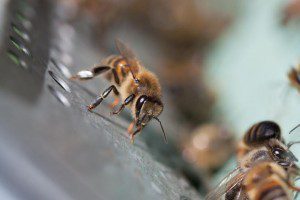 So how do we save the bees ?
So how do we save the bees ?
Politicians, researchers, and citizens must work together to reverse bee decline. Some actions are already being undertaken. Clive Harridge (secretary general of the Commonwealth association of planners) indicated that the UN member states must include 17 sustainable development goals (SDGs) in their political policies, three of these address ecosystem threats. One of these (SDG 2) emphasises the need to end hunger by achieving food security and improved nutrition through sustainable agriculture. Another, (SDG 11) states the need to make cities and human settlements inclusive, safe, resilient, and sustainable. While a third (SDG 15) indicates needing to protect, restore, and promote sustainable use of terrestrial ecosystems, sustainably manage forests, combat desertification and halt and reverse land degradation and biodiversity loss. Bees play a part in all of these goals.
Across the Commonwealth, national case studies are trying to understand the situation with pollinators to figure out how to save them. Ideas include areas where agriculture and wildlife are merged, creating habitats such as green roofs (green roofs are being built both at MCAST and the University of Malta), while some companies are even building bee hotels. Bee hotels are places where solitary bees can make nests and lay eggs without producing honey. These bees tend to be much less aggressive and thrive as long as there is enough wildlife for them to obtain food.
 Citizen engagement is needed to encourage participation to collect data and evidence. By working with researchers and policymakers real change can be achieved to save bees. Considering Malta’s situation, lecturer Dr Mario Balzan (MCAST) said at the CHOGM event that studies he was involved in showed that wild flowers growing near tomatoes helped increase their yield. Insects living on these flowers helped pollinate the tomatoes and may have acted as natural pest controls. By planting flowers in gardens and balconies bee habitat would be expanded.
Citizen engagement is needed to encourage participation to collect data and evidence. By working with researchers and policymakers real change can be achieved to save bees. Considering Malta’s situation, lecturer Dr Mario Balzan (MCAST) said at the CHOGM event that studies he was involved in showed that wild flowers growing near tomatoes helped increase their yield. Insects living on these flowers helped pollinate the tomatoes and may have acted as natural pest controls. By planting flowers in gardens and balconies bee habitat would be expanded.
There are many reasons for bee decline from uncontrolled pesticide use to widespread infections. Only by researching the problem then creatively addressing these issues can bee decline be reversed. This will require all sectors of society from citizens to researchers and policy makers to work together to save the birds and the bats.
This article featured in the Sunday Times of Malta.
Science for Maltese Wine
Wine borders on obsession for some, while others call it research. Some drink it, while others burn it. Creative solutions are turning wine and its waste into algae, pharmaceutical products, and electricity.
Continue reading
